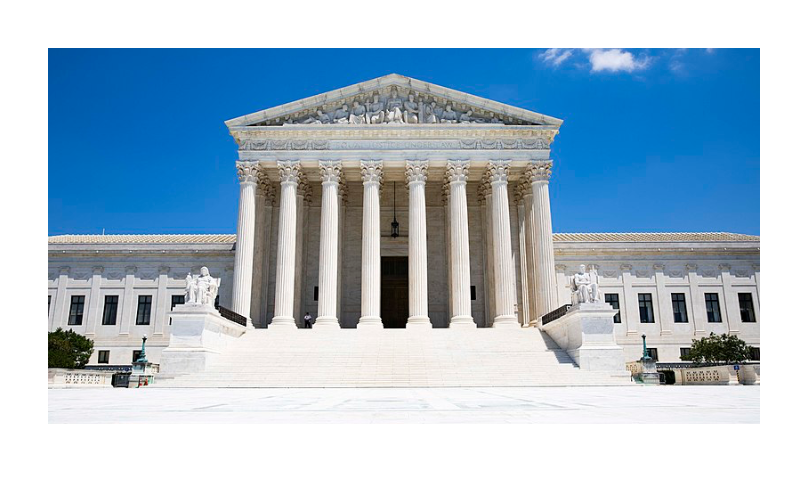“Most statistical analyses demonstrate that the greatest beneficiaries of the court’s ruling will be applicants of Asian heritage, far more so than white or Jewish students.”
For most of this year, we have been paying a tremendous amount of attention to the Israeli judicial system. But the U.S. Supreme Court recently reminded us why it’s a good idea to keep an eye on this country’s courts too.
While Chief Justice John Roberts and his colleagues did not set off a nuclear explosion at the level of last year’s overturn of Roe v. Wade, they did issue a series of decisions that continued to upend the nation’s political, policy and cultural landscape. The court announced landmark rulings on LGBTQ rights, religious accommodations in the workplace, President Biden’s student loan forgiveness program and most notably, the death knell for racial preferences in college admissions.
The end of affirmative action has received the overwhelming majority of public and media attention over the last several days. But it has also received a noteworthy—and complicated—response from the Jewish community, given the changing nature of our own relationship with the issue of quotas over the years.
For the first decades of the 20th century, Jews were systematically excluded from most competitive institutions of higher learning, leading many Jewish organizations to oppose racial quotas when the court first considered the issue back in the 1970s.
But by the early 21st century, Jewish opinion on the issue had begun to shift. Whether the change reflects a broader move politically leftward, an effort to strengthen ties with other minority communities, or simply faded memories of the harsh discrimination directed toward young Jewish students in years past, the American Jewish community is now more likely than the overall U.S. population to support race-based preferences.


